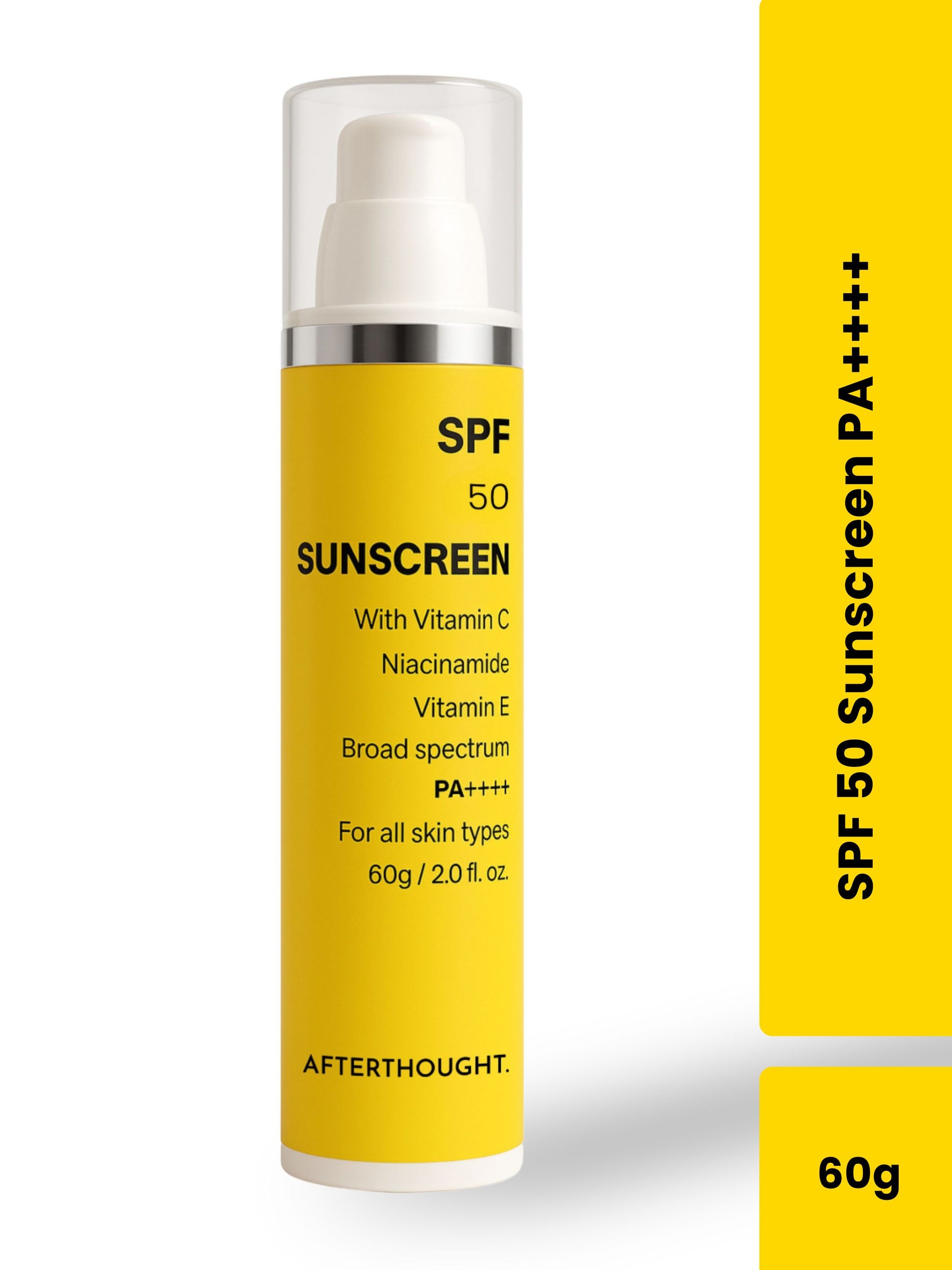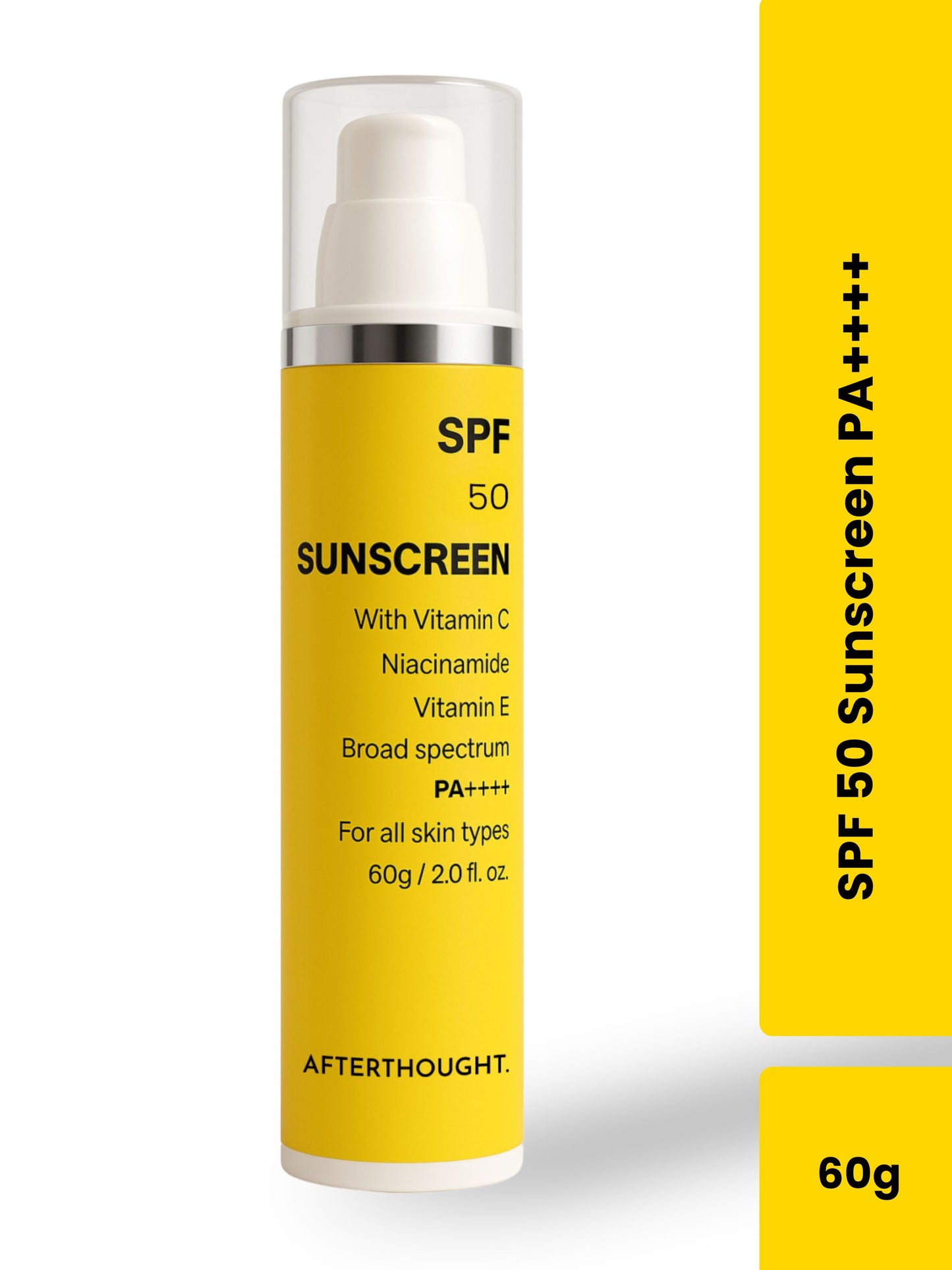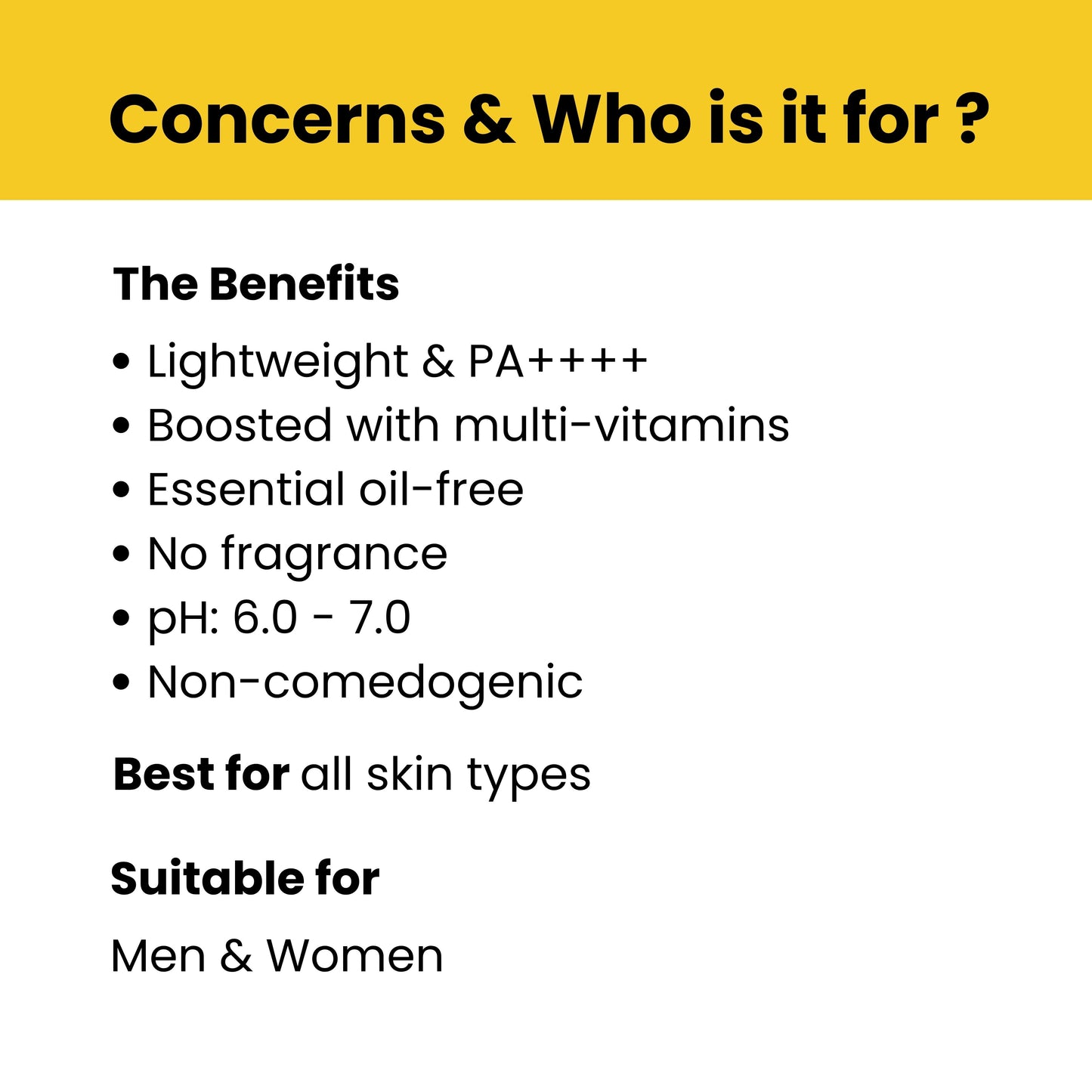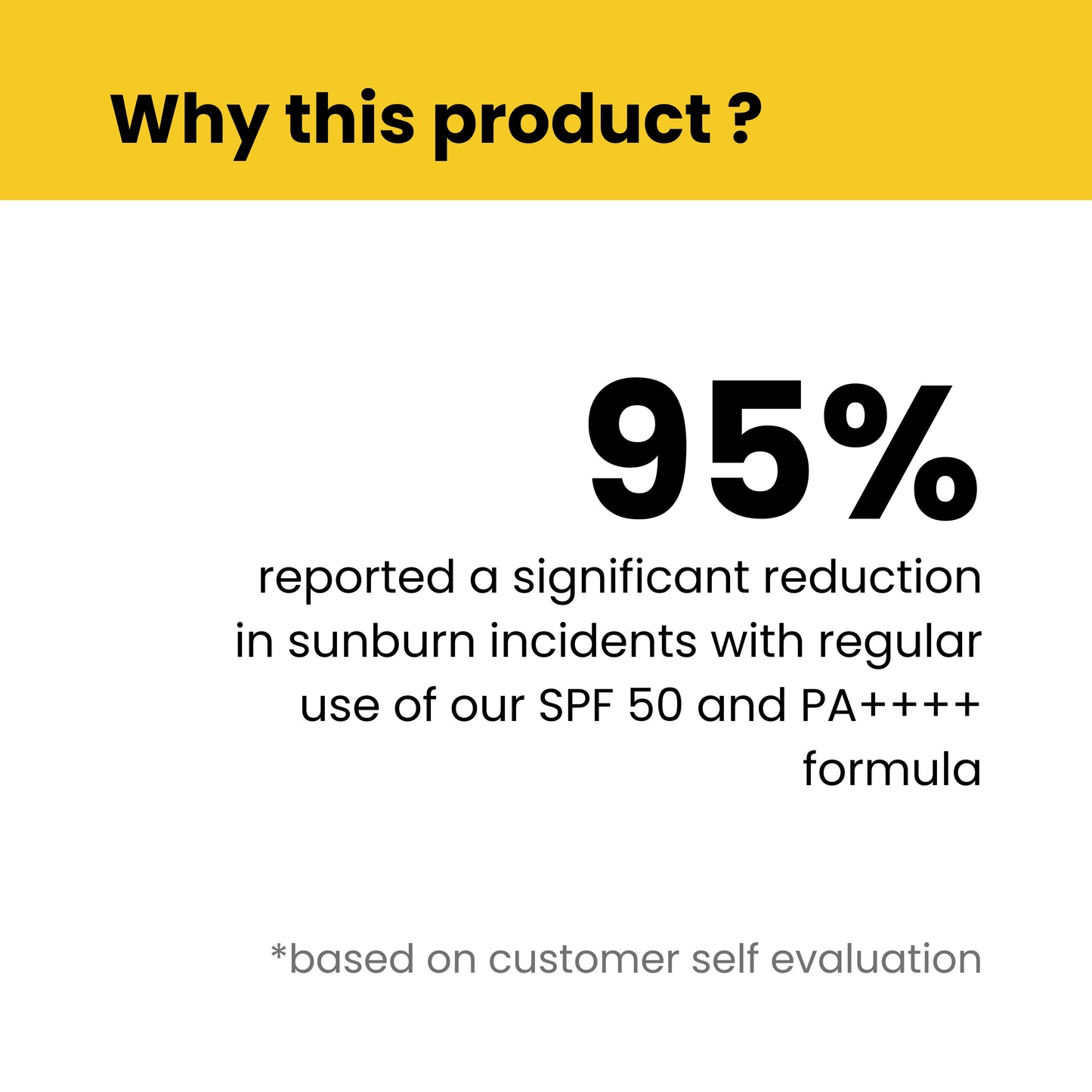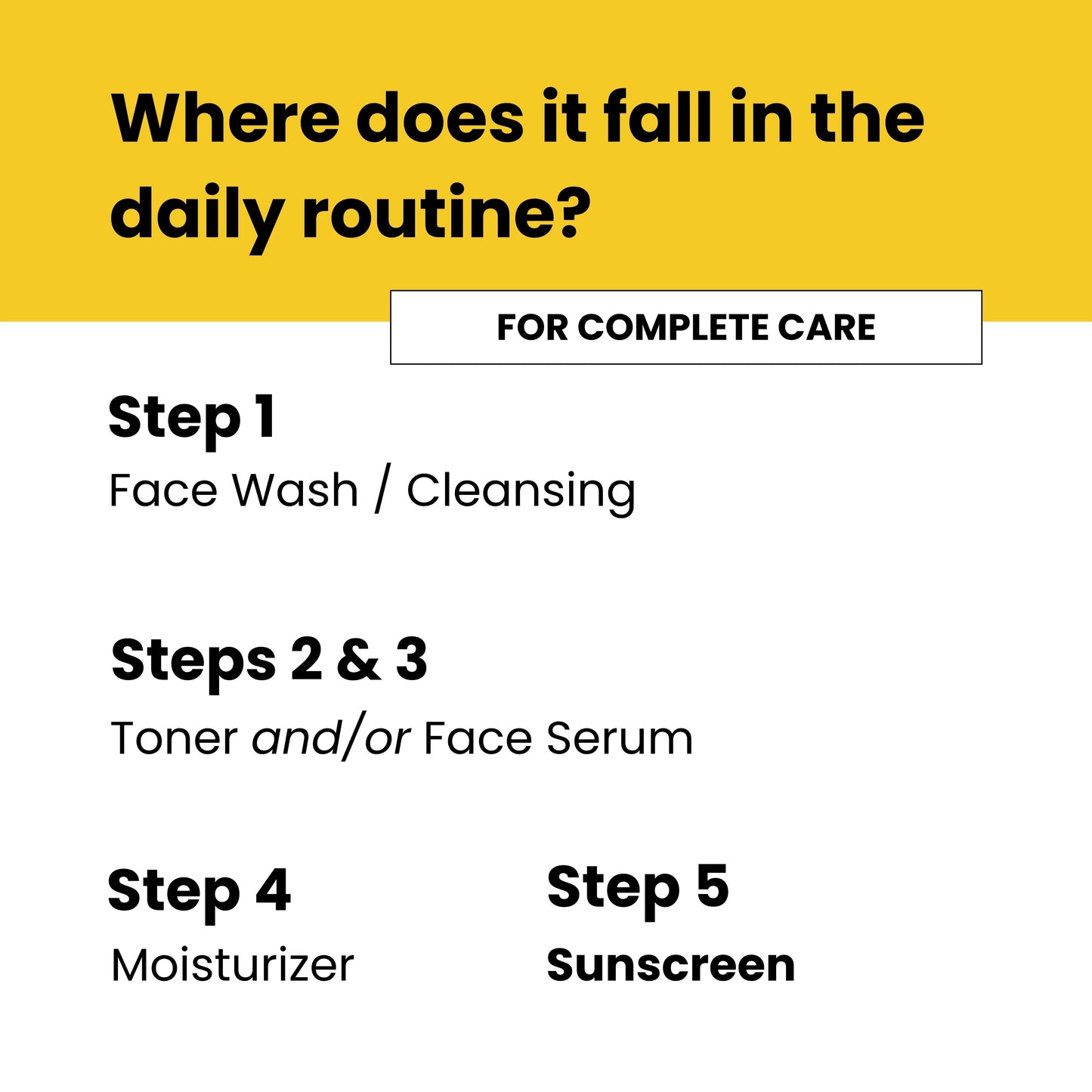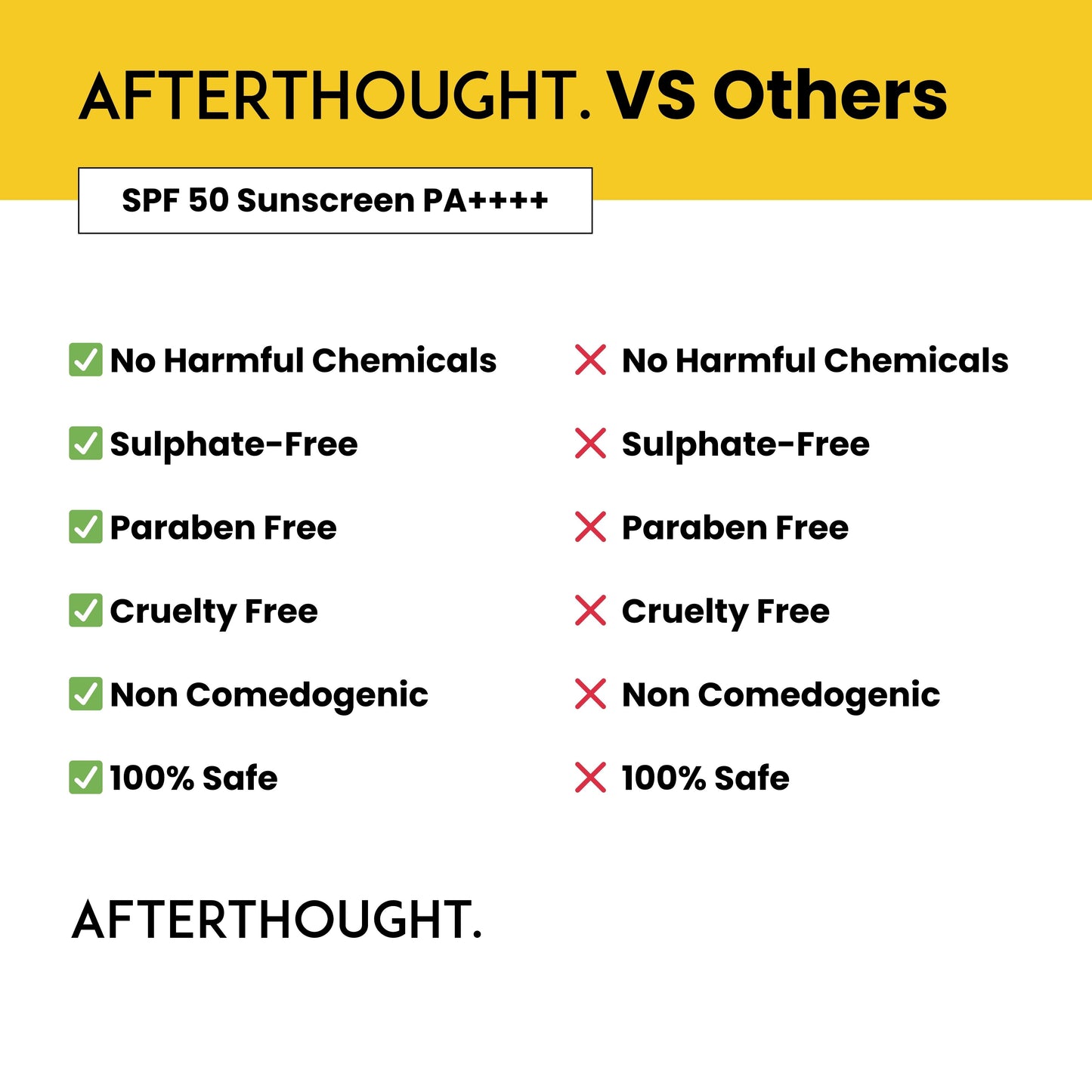Which Sunscreen Is Best For Sensitive Skin?
Sensitive skin can be a challenge to care for, especially when it comes to sun protection. Welcome to Afterthought.
The wrong sunscreen can lead to irritation, redness, and breakouts, making it crucial to find a product that provides effective protection without causing adverse reactions.
In this guide, we’ll explore what to look for in a sunscreen if you have sensitive skin, ingredients to avoid, and some tips for applying sunscreen effectively.
Check : Sunscreen SPF Calculator
Understanding Sensitive Skin
Sensitive skin is characterized by heightened reactions to certain products or environmental factors. Symptoms can include redness, itching, burning, and dryness. These reactions can be triggered by various factors such as harsh chemicals, fragrances, and even some natural ingredients. Therefore, when choosing a sunscreen, it’s essential to consider formulations that are specifically designed to be gentle on the skin.
Key Features to Look for in a Sunscreen
-
Mineral (Physical) Sunscreens
Mineral sunscreens, which use active ingredients like zinc oxide or titanium dioxide, are often recommended for sensitive skin. These ingredients sit on top of the skin and reflect UV rays rather than absorbing them, which can reduce the risk of irritation.
Benefits of Mineral Sunscreens:
- Less likely to cause allergic reactions
- Provide broad-spectrum protection
- Effective immediately upon application
-
Hypoallergenic Formulations
Look for sunscreens labeled as hypoallergenic. These products are formulated to minimize the risk of allergic reactions and are often free from common irritants.
-
Fragrance-Free and Paraben-Free
Fragrances and parabens are common culprits behind skin irritation. Choosing a sunscreen that is free from these ingredients can help reduce the risk of a reaction.
-
Non-Comedogenic
If you are prone to acne or breakouts, select a sunscreen that is non-comedogenic, meaning it won’t clog your pores.
-
Broad-Spectrum Protection
Ensure your sunscreen offers broad-spectrum protection, which means it protects against both UVA and UVB rays. UVA rays can prematurely age your skin, while UVB rays can burn your skin. Both types contribute to skin cancer risk.
-
SPF 30 or Higher
For effective protection, choose a sunscreen with an SPF of at least 30. This level of SPF blocks about 97% of UVB rays. Higher SPFs offer slightly more protection but none offer 100% protection.
Also Read : Which Body Lotion Is Best For Skin Whitening In Summer?
Ingredients to Avoid
Certain ingredients can be particularly problematic for sensitive skin. Here’s a list of common offenders:
- Oxybenzone and Octinoxate: These chemical UV filters can cause allergic reactions and hormone disruption.
- Fragrances: Synthetic fragrances can be highly irritating and cause allergic reactions.
- Alcohol: While some forms of alcohol are used to help products absorb better, they can be drying and irritating to sensitive skin.
- Preservatives like Methylisothiazolinone: These can cause contact dermatitis and allergic reactions.
- Retinoids and Alpha Hydroxy Acids (AHAs): While beneficial in other skincare products, they can increase sensitivity to the sun and cause irritation when combined with sun exposure.
Tips for Applying Sunscreen on Sensitive Skin
- Patch Test First: Before applying a new sunscreen all over your face or body, do a patch test. Apply a small amount on your inner forearm and wait 24 hours to see if any irritation occurs.
- Cleanse and Moisturize: Start with a gentle, fragrance-free cleanser to clean your skin. Follow with a lightweight, hypoallergenic moisturizer to create a barrier before applying sunscreen.
- Apply Generously and Evenly: Use about a teaspoon of sunscreen for your face and enough to cover your body thoroughly. Don’t forget often-missed spots like the ears, back of the neck, and tops of the feet.
- Reapply Every Two Hours: Sunscreen wears off over time, especially with sweating and swimming. Reapply every two hours, or immediately after swimming or excessive sweating.
- Use Sun-Protective Clothing: For additional protection, wear wide-brimmed hats, sunglasses, and clothing with built-in SPF.
Also Read : Which Moisturizer Is Best For Dry Face?
Conclusion
Choosing the right sunscreen for sensitive skin involves careful consideration of the product’s ingredients and formulation. Opting for mineral sunscreens with hypoallergenic, fragrance-free, and non-comedogenic properties can help protect your skin without causing irritation.
Remember, the best sunscreen is one that you feel comfortable using daily. By following the tips and guidelines outlined above, you can enjoy the sun safely while keeping your sensitive skin calm and protected.
By being mindful of these factors, you can find a sunscreen that meets your needs and allows you to enjoy the outdoors without worry. Happy sunning!
Also Read : Which SPF Sunscreen Is Best For Indian Skin


